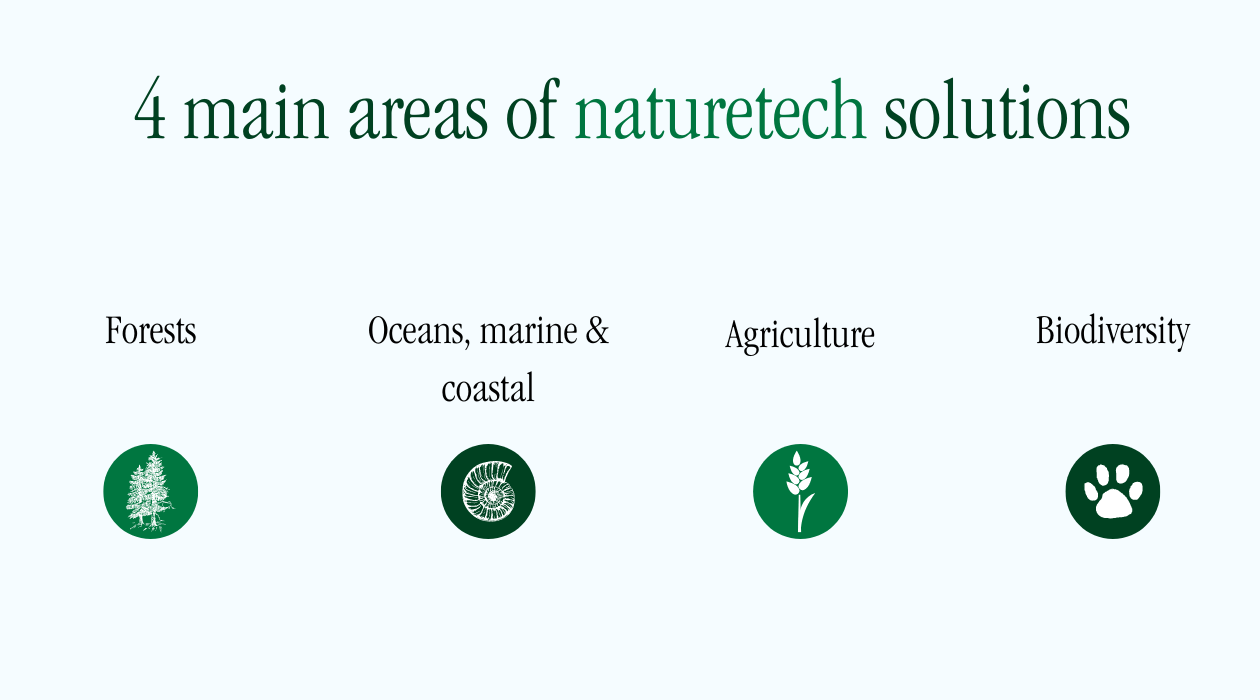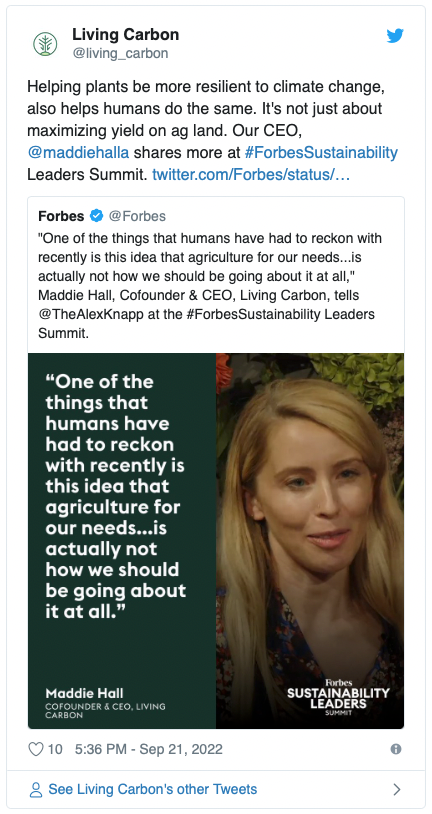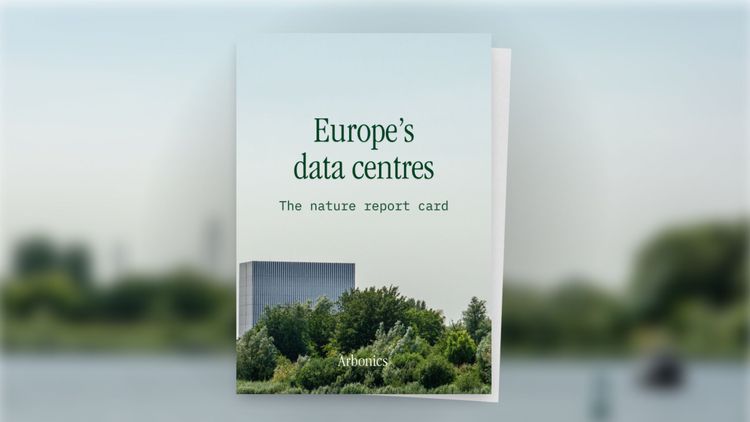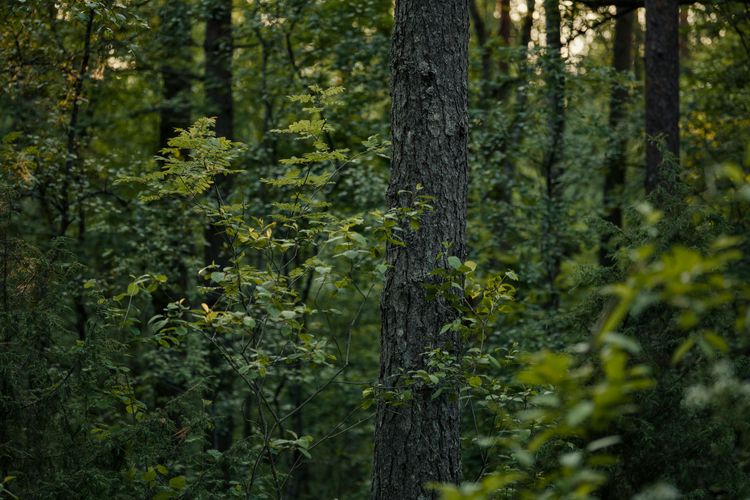What is nature tech?
What is it & why does it matter?
Recently, a new term has been making waves within the climate tech world: nature tech (or naturetech as one word). Greenbiz reports that the global market for "nature tech" is poised to triple to $6Bn by 2030.
Many people think of the climate crisis as primarily a CO2 problem - or more broadly, an issue with greenhouse gasses (GHGs) in general. However, another, connected and partially overlapping issue is facing our planet: ecosystem destruction and loss of biodiversity. For example, a recent piece of research published by WWF showed that we have lost 69% of wildlife populations in the last 50 years. Over the decade since 2010, on average 4.7M net hectares of forestland have been lost every year. Our oceans are acidifying. And our natural world is filling up with rubbish.
This all sounds like pretty bad news (and it is!). It’s perhaps natural to feel overwhelmed and hopeless about all this.
But the good news is that there is a growing group of entrepreneurs and scientists laser-focused on solutions. This work has led to the emergence of a new category of startups, which can broadly be generalised as naturetech.
Naturetech is often working at the crossroads - of biology and software, or botany and genomics, or forestry and data science. Its promise is in bringing together previously disparate disciplines to drive new discoveries. At times, this leads to complexity and conflict - coming from the world of software, where bit- and byte-based problems can often be solved simply by throwing more logical firepower at them, the natural world is made out of atoms and subject to the limits of physics and the complicated interplay of living creatures. The more we learn about nature, the clearer it becomes that there is a lot we don’t know.
For example, today we can distantly monitor the growth of a sapling into a young tree through the use of sensors and satellite imagery.
We can then use that data to model this one tree’s impact on the surrounding trees and the resulting forest type.
But we cannot yet measure or know the intricacies behind how trees communicate with each other, or how they might use their symbiotic relationships to weather-changing climatic conditions.
While there is still a lot to discover, the rapid expansion of naturetech will undoubtedly help us get closer to many of these answers.
What types of companies fall under the #naturetech umbrella?
Naturetech is addressing many different areas of nature restoration, protection and enhancement - from reducing the amounts of GHG released during farming to increasing carbon storage in our oceans. Naturetech companies are mainly looking for solutions in four main areas of the environment.

Some great examples of naturetech companies we love
- Living Carbon - founded by Maddie Hall, they are genetically modifying trees to grow faster and store more carbon
 Link to tweet
Link to tweet - Rhizocore produces locally-adapted mycorrhizal fungi to enhance tree planting success. These helpful fungi live on and around tree roots, and their presence can make the difference between a tree thriving or failing. Trees replanted as saplings often lack this critical biological infrastructure.
- Pivotal - measuring biodiversity change using a variety of data points gathered through real-world samplings - such as the frequency and diversity of birdsong.
- Woola - turns leftover sheep wool, an agricultural byproduct, into compostable packaging that replaces plastic bubble wrap.
At Arbonics, we follow the same pattern - we are bringing together data scientists, geoinformatics scientists and forestry experts to work together on identifying new, scalable solutions for more carbon- & biodiversity-friendly forest management.
In the process, we are working with many experienced foresters and landowners who benefit from generations of received wisdom. Some of our favourite conversations feature forest owners like Martin*, who learned forestry from his grandfather and father and is now continuing the family traditions while introducing innovative new climate-friendly practices.
If you are curious and want to see learn more about how we’re building the new forest economy, follow Arbonics on Substack.



